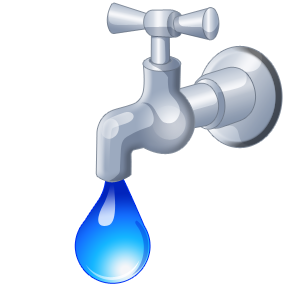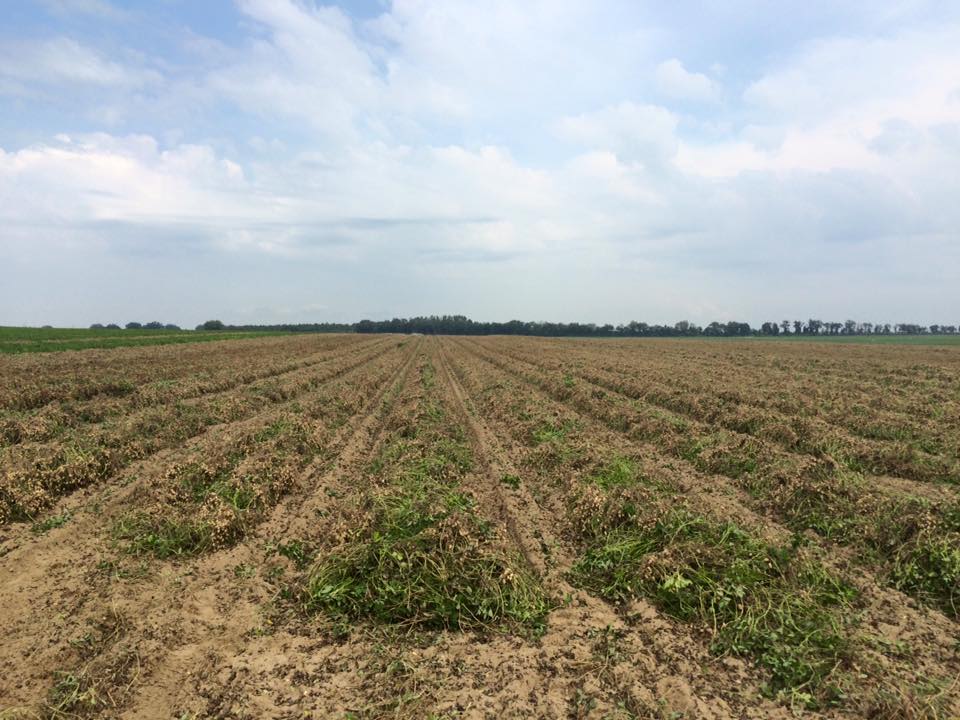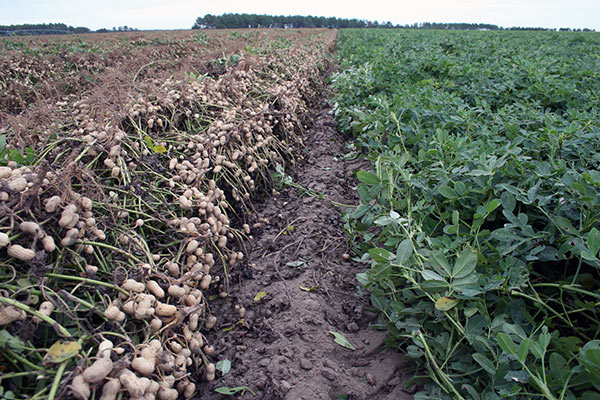
 Fortunately, Georgia is not currently under drought conditions. However, more and more people are “living green” and being conservative users of natural resources.
Fortunately, Georgia is not currently under drought conditions. However, more and more people are “living green” and being conservative users of natural resources.
It’s easy to conserve water by following these tips from University of Georgia Extension.
Take a shower instead of a bath. Filling the bathtub uses about 50 gallons of water, and taking a shower uses about 20 gallons. Shorten your shower to five minutes and install a water-saving showerhead that uses 2.5 gallons per minute.
Use a glass for rinsing when brushing your teeth or shaving instead of letting the faucet run. Using an electric razor also saves water.
Install a low-flow toilet. Low-flow toilets need only 1.6 gallons per flush, saving thousands of gallons per year. Unlike earlier models, today’s low-flow toilets receive high marks from consumers for overall performance.
Think before you flush. Every flush you eliminate saves between 2 and 7 gallons of water.
Fix leaking faucets and toilets. An average of 8 percent of all household water used is wasted through leaks. Test for a leaking toilet by lifting the lid off the toilet tank and putting a few drops of food coloring into the bowl. Wait a few minutes, then look in the bowl. If the food coloring has made its way to the bowl, you have a leak.
Reuse clean household water. Collect the water that is wasted while you wait for the hot water to reach the faucet or showerhead. Use this to water houseplants or outdoor planters.
Wash only full loads of dishes and laundry. You’ll save both water and energy. Reduce dishwashing time by using rubber spatulas to scrape dishes clean to limit pre-rinsing. Soak dirty pans or dishes to quicken washing. (Most new dishwashers don’t require pre-rinsing.)
Avoid using the garbage disposal. Instead, compost leftover fruits and vegetables.
Refrigerate a pitcher of water instead of letting a faucet flow until the water runs cold.
Prepare food efficiently. Clean foods with a vegetable brush, then spray with water in short bursts.
Plan ahead to defrost foods overnight in the refrigerator. Don’t use running water to defrost food; instead, use the microwave or put wrapped food in a bowl of cold water.
You can save water by turning off the lights and adjusting the air conditioner when you are not at home. Energy is produced using large volumes of water. Reducing energy demands can reduce the water needed to produce that energy.
For more tips on how to save water indoors and outdoors, see UGA Extension publications online at extension.uga.edu/publications and search “save water.”
(Frank Watson is the University of Georgia Extension agent in Wilkes County, Ga.)




Be the first to comment